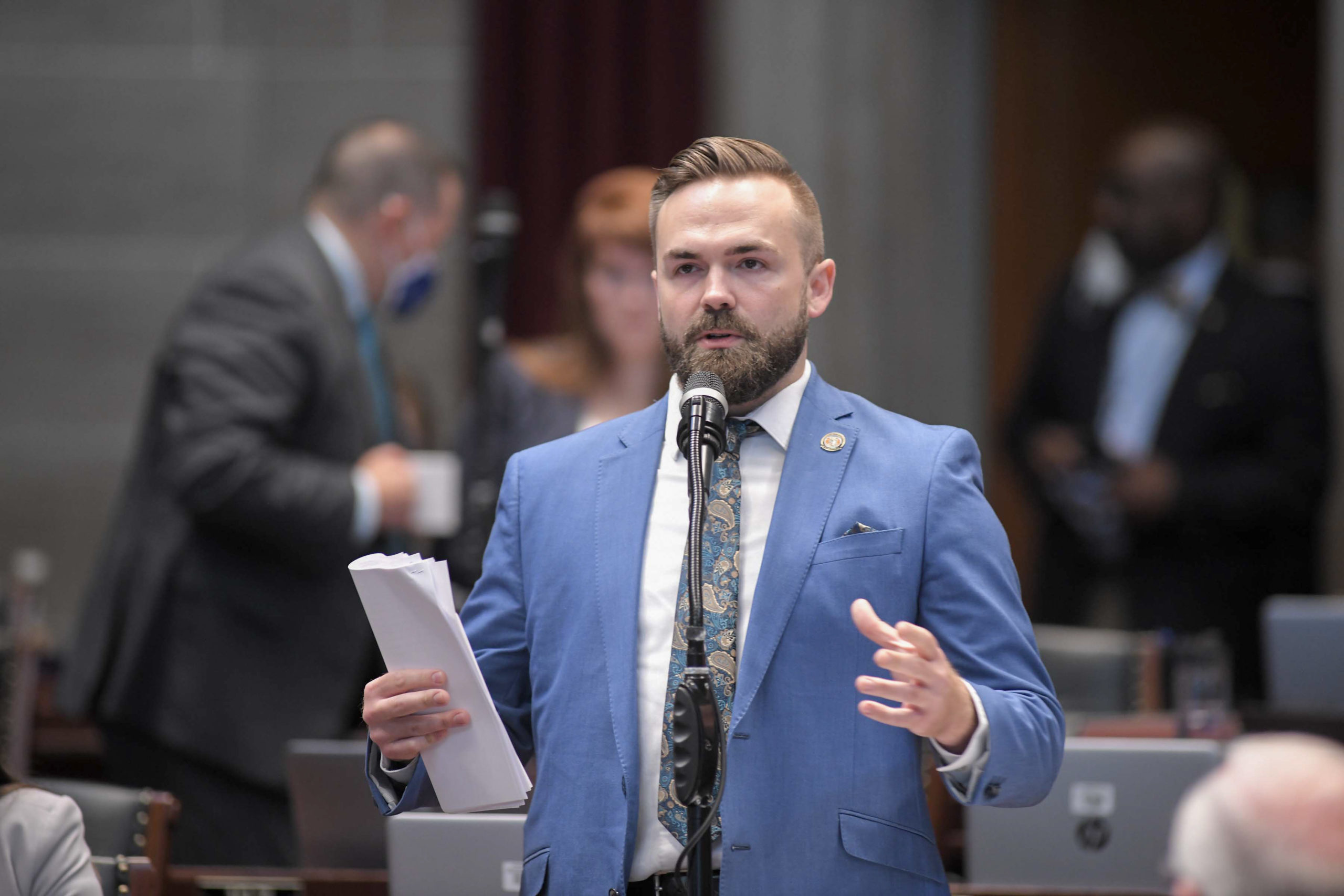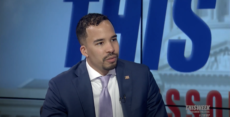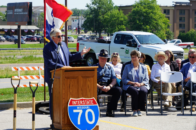JEFFERSON CITY, Mo. — A bipartisan push to change Missouri’s parole system for those convicted as minors crossed the finish line with Gov. Mike Parson’s signature Wednesday.
SB 26 is a sweeping public safety bill that includes a provision allowing offenders sentenced to 15 or more years as a minor for nonviolent crimes to apply for parole after 15 years of imprisonment. The individual can continue to apply for parole every three years if denied.
GOP Rep. Nick Schroer, who also sponsored the change as its own standalone bill, attached the language as an amendment to the Senate bill.
Schroer said he pushed for the change after meeting with Bobby Bostic, who was sentenced to 241 years for an armed robbery and carjacking that occurred in 1995. Bostic, who was 16 at the time, was tried as an adult and is not eligible for parole until 2201 under current policy. Schroer worked with the executive branch and criminal justice reform advocates to move the new policy forward.
“The language was basically the result of myself, the ACLU, the Governor’s Office, and the Department of Corrections all coming together to find something that would be narrowly tailored to these types of situations,” Schroer told The Missouri Times. “This will at least give Bobby and others like him the opportunity to go before the parole board and plead his case.”
The push to reform Missouri’s parole policies has seen support across the aisle as well as the backing of the judge who handed down the sentence. Schroer said he was working with offenders and their families to examine other criminal justice reform policies for future sessions.
The bill also completely reinstates any rights restricted due to a criminal record upon expungement. It removes language denying the right to sell liquor based solely on felony convictions and requiring employers who have liquor licenses to report employees with felony convictions to the Division of Liquor Control.
Another provision allows those with a criminal conviction to participate in the lottery but does not grant them eligibility as a lottery game retailer.
The bill requires police officers to submit to fingerprinting for the state and federal rap back program and creates a database to track use-of-force incidents involving police.
The bill exceeds 170 pages and includes provisions on public safety from both sides of the aisle. Sponsor Sen. Bill Eigel said contributions from both chambers and parties addressed safety concerns from all angles.
“It’s a lengthy bill with a lot of changes included, and there were a lot of things that we worked together on,” Eigel told The Missouri Times. “It’s a great bill, and I’m really thrilled the governor is signing it into law.”

Cameron Gerber studied journalism at Lincoln University. Prior to Lincoln, he earned an associate’s degree from State Fair Community College. Cameron is a native of Eldon, Missouri.
Contact Cameron at cameron@themissouritimes.com.









































